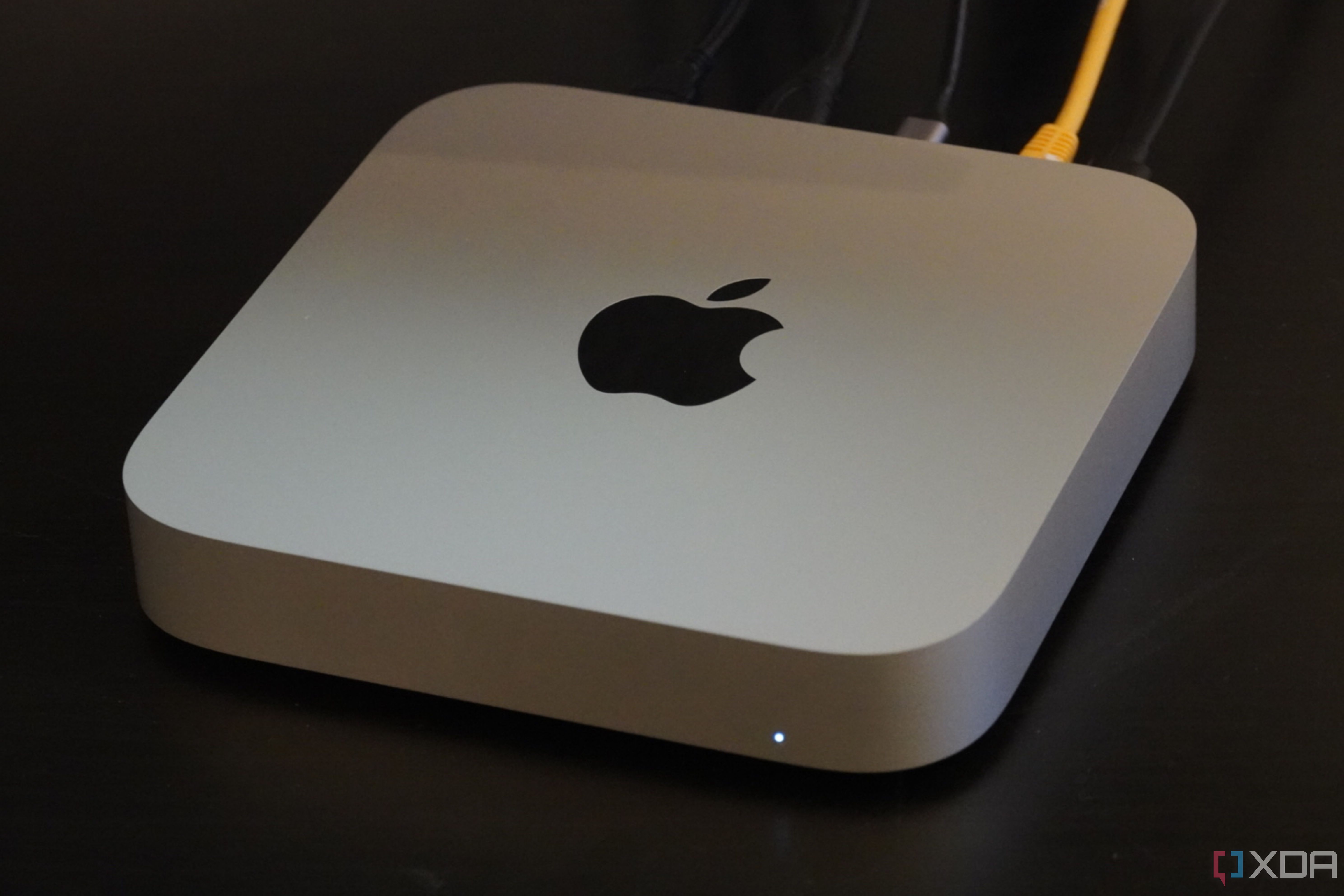- cross-posted to:
- apple_enthusiast@lemmy.world
- cross-posted to:
- apple_enthusiast@lemmy.world
There were a number of exciting announcements from Apple at WWDC 2024, from macOS Sequoia to Apple Intelligence. However, a subtle addition to Xcode 16 — the development environment for Apple platforms, like iOS and macOS — is a feature called Predictive Code Completion. Unfortunately, if you bought into Apple’s claim that 8GB of unified memory was enough for base-model Apple silicon Macs, you won’t be able to use it. There’s a memory requirement for Predictive Code Completion in Xcode 16, and it’s the closest thing we’ll get from Apple to an admission that 8GB of memory isn’t really enough for a new Mac in 2024.



I’m pretty sure I do understand the issue. Here are some facts (and an article to back it up):
And here’s my interpretation/guesses:
So:
Using socketed RAM won’t fix performance issues related to running out of RAM, that issue is the same regardless. Only adding RAM will fix those performance issues, and Apple could just as easily make “special” RAM so you can’t buy socketed RAM on the regular market anyway (e.g. they’d need a different memory standard anyway due to Unified Memory).
I have hated Apple’s memory pricing for decades now, it has always been way more expensive to add RAM to an Apple device at order time vs PC competitors (I still add my own RAM to laptops, but it’s usually way cheaper through HP, Lenovo, etc than Apple at build-time). I’m not defending them here, I’m merely saying that the decision to use soldered RAM makes a lot of engineering sense, especially with the new Unified Memory architecture they’re using in the M-series devices.